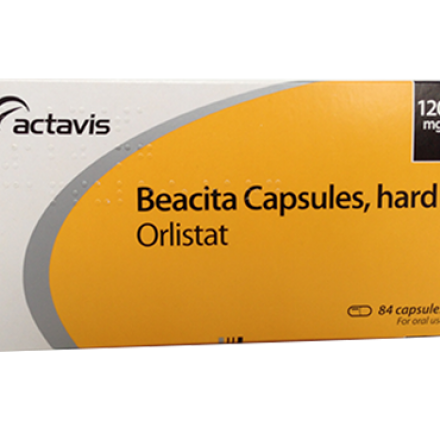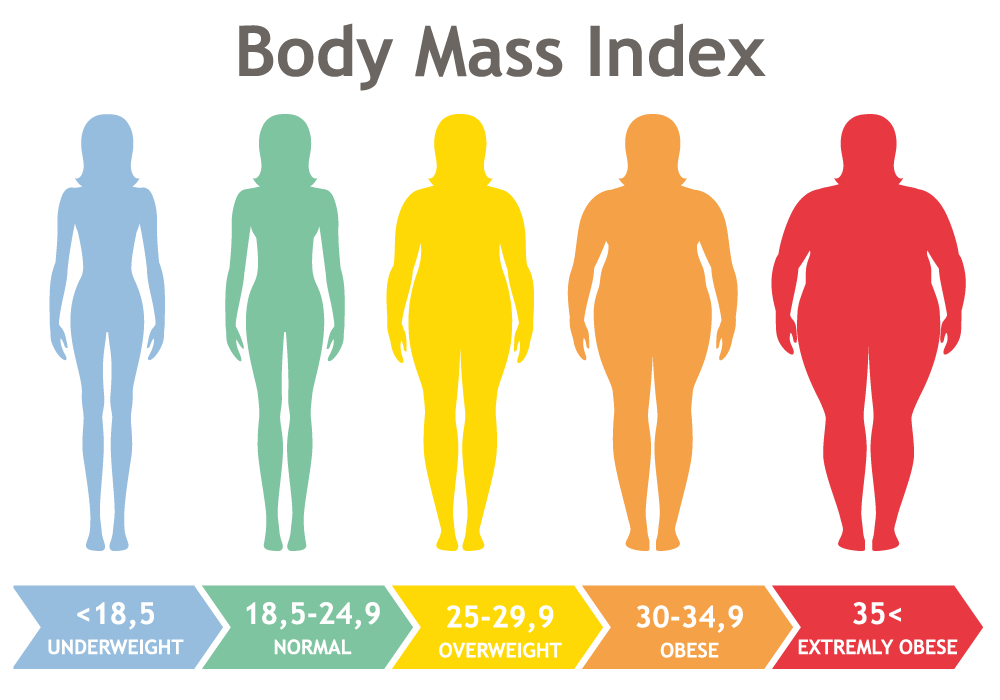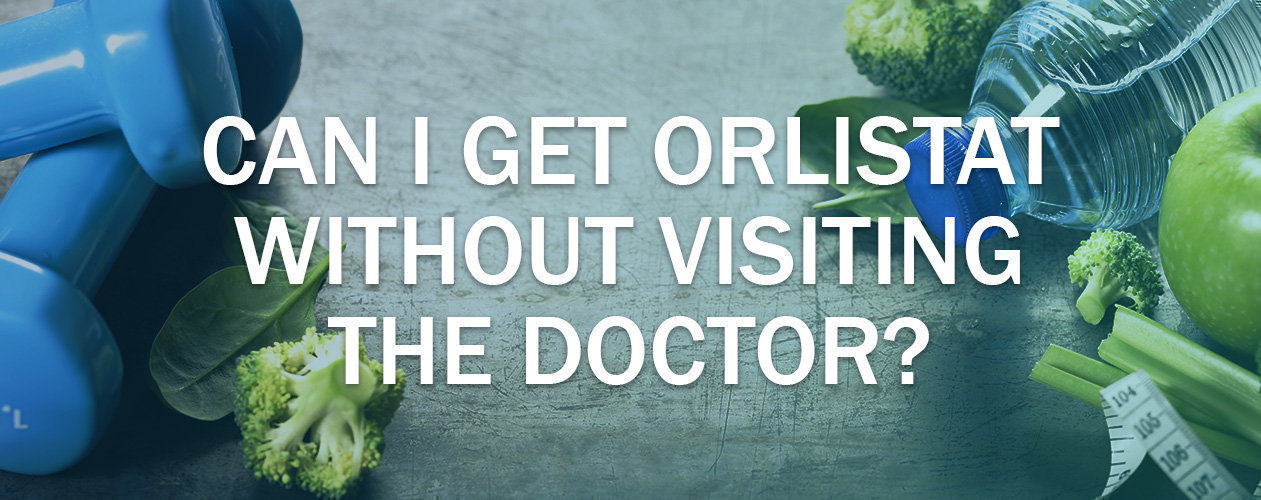Can I Get Orlistat Without Visiting The Doctor?
So how can I buy Orlistat without visiting the Doctor?
Essentially you have 2 options: Firstly you can pop over to a community pharmacy and after a quick 10-15 minute consultation with the Pharmacist, provided it’s suitable for you, you may be able to purchase the “pharmacy-only” version which is marketed under the brand name “Alli” (pronounced al-eye). Alli will be discussed in more detail below. The other option is to obtain the “prescription-only” 120 mg version either via an online consultation with a doctor or with your own GP.
Click HERE to View Orlistat Prices > >
What is Orlistat?
Xenical (orlistat) is the only prescription weight loss medication available in the UK. This is a (usually blue coloured) hard capsule containing 120mg of the drug Orlistat. Xenical is a brand name for generic Orlistat 120mg. Xenical (pronounced zenical) and is manufactured by Roche Pharmaceuticals and contains the active ingredient Orlistat 120mg. Pharmaceutically there is no difference between generic Orlistat and Xenical although Orlistat is generally available at a lower price. The other version is Alli which you may have seen advertised or on the shelf behind the chemist counter-however this “Pharmacy only” version is 60 mg and can be bought after having a consultation with the Pharmacist, therefore, a GP does not need to be involved in the process.
So the primary difference between prescription orlistat (Xenical) and the non-prescription version (Alli) is the dosage. Xenical is dosed at 120 mg taken three times a day with meals, while Alli is dosed at 60 mg per dose again taken three times a day with meals. Xenical tends to be prescribed for people who need to lose weight and who are also dealing with other factors such as diabetes or high blood pressure. However, Alli does come packaged with support materials and a useful consumer web site, both of which have shown to be very helpful for people as they begin the weight loss regime with Alli. The lower dose of orlistat (Alli) has fewer intestinal and bowel-related side effects than those associated with taking the higher dose.
The manufacturers claim that Orlistat is a medicine which can help you to lose weight if you are overweight or obese. This drug is not really for you if you feel you are just slightly overweight. It is used to treat obesity not only by reducing the body weight but also by helping to maintain weight at the achieved level, thereby preventing the regaining of body weight. Orlistat proves itself as an effective and safe drug for obesity treatment; including diseases related to obesity such as type 2 diabetes, hypertension, cardiovascular diseases and diseases of the endocrine system.

How does Orlistat work?
So the geeky material from the manufacturer’s states “…Orlistat is a potent, specific and long-acting inhibitor of gastrointestinal lipases. It exerts its therapeutic activity in the lumen of the stomach and small intestine by forming a covalent bond with the active serine site of the gastric and pancreatic lipases. The inactivated enzyme is thus unavailable to hydrolyse dietary fat, in the form of triglycerides, into absorbable free fatty acids and monoglycerides…” What this essentially means is that this drug stops gastric enzymes from breaking down dietary fat which is then usually absorbed into the body. Orlistat essentially stops the fat from your diet being absorbed into your body. Remember the body cannot digest unsplit fats so Orlistat basically helps to get rid of fats from the body unchanged. This “whole fat” is then passed out of the gut in its original form …..I know you’re thinking yuk! This explains the reason behind the fatty faeces splattered all over the toilet bowl. You may well be thinking that just the effects on faeces alone would be sufficient enough to act as a deterrent to eating fatty foods, and you would be right to think this. These effects are reduced if smaller amounts of dietary fat are ingested.
How should Orlistat be taken?
The recommended treatment dose is one 120 mg capsule to be taken three times daily. No more than three 120 mg capsules should be taken in any 24 hour period. If a meal is missed or contains no fat, the dose should be omitted.
Diet and exercise are both important components of a weight loss programme. It is recommended that a diet and exercise programme is started prior to beginning treatment with Orlistat.
While taking Orlistat, the patient should be on a nutritionally balanced, mildly hypocaloric diet that contains approximately 30% of calories from fat (e.g. in a 2,000 kcal/day diet, this equates to <67 g of fat). The daily intake of fat, carbohydrate and protein should be distributed over three main meals.
The diet and exercise programme should continue to be followed when treatment with Orlistat is stopped. This will help ensure the weight stays off.
When you first start taking Orlistat your target weight loss after 3 months is to lose 5% of your body weight. If you are able to do this, then it means that Orlistat is working for you and you can continue to take it to lose more weight. Orlistat can be prescribed for weight loss for up to 2 years. Once your body mass index falls below 28, you must discontinue use of Orlistat.
Click HERE to View Orlistat Prices > >
Is Orlistat right for me
There are a few questions you need to ask yourself….
- Is your BMI below 30?
- Are you aged under 18 or over 65?
- Are you pregnant, breastfeeding or planning to become pregnant in the next 6 months?
- Do you suffer from any allergies?
- Do you have any of the following?
- Liver or kidney problems
- Epilepsy
- Chronic malabsorption syndrome
- Anorexia or bulimia
- Cardiac problems including a heart attack, heart failure, stroke or problems with blood clots such as deep vein thrombosis or pulmonary embolism
- Inflammatory bowel disease
- Diabetes
- Hypercholesterolaemia
- Sleep apnoea
- Gallbladder, bile duct or pancreas disease
- Any Previous abdominal surgery involving the removal of a section of the bowel
- Are you taking any medication including over the counter or herbal medication? Medicines with particular interactions include anti-epileptics, anti-virals, thyroxine, ciclosporin and oral contraceptives.
If you’ve answered yes to any of the above questions then, unfortunately, Orlistat may or not be not be right for you, however, a quick conversation with the Doctor or our pharmacists will help to clear up any ambiguities and hopefully enable you to make an informed choice as to the suitability of Orlistat for you.
Our pharmacists are available Mon-Fri, 9am-5pm to answer any of your queries.
What is BMI and how is it calculated?
The following formula is used to calculate
BMI = (Weight in Kilograms / (Height in Meters x Height in Meters))
I may or may not have lost you at this point! Thankfully there are lots of online calculators which do all the hard work for you. Just click on this link
What do these results mean?
For most adults, a BMI of:
- 18.5 to 24.9 means you’re a healthy weight
- 25 to 29.9 means you’re overweight
- 30 to 39.9 means you’re obese
- 40 or above means you’re severely obese
If your BMI is less than 30 this treatment is not for you so persevere with a healthy diet combined with regular exercise and please do speak to your GP or Pharmacist for further advice if needed.
However, if your BMI is 30 and above, you are classed as obese, or 30 or above, and you have a medical condition that would benefit from losing weight (such as diabetes or high blood pressure) Orlistat could be a viable treatment option.
If you’ve worked out your BMI to be a little over 30, you fall into the obese category, but only just, so don’t be too harsh on yourself.
Please note that occasionally BMI can give “false negative” results especially for people who weight train or who have a high muscle mass. As a result, incredibly fit, athletic, muscular people wrongly get labelled as obese. Crucially, BMI does not distinguish between fat and muscle. In such cases, the BMI would need to be adjusted possibly by looking at the hips to waist ratio or body fat percentage. This discussion would need to take place with a doctor.

Some tips on how to reduce fat intake:
- Try to use low-fat spreads instead of butter or regular spreads.
- Choose lean cuts of meat and trim any visible fat. Remove skin from chicken and any crackling on pork.
- Avoid adding fat/oil when cooking – grill, poach, bake or microwave instead.
- Use low-fat dairy foods such as semi-skimmed or skimmed milk, low-calorie yoghurts, reduced-fat cheeses and low-fat spreads.
- Choose lower-fat cook-in sauces with less than 5 g fat per 100 g sauce or alternatively make your own.
Are there any side effects I need to be aware of?
The simple answer is like almost any drug on the market, unfortunately, there are usually side effects. The Collin’s dictionary defines side effects as “….the effects, usually bad, unpleasant or unwanted, that the drug has on a person in addition to its normal function of curing illness or pain”.
As explained earlier adverse reactions to Alli are not as “severe “ as those whilst taking the 120 mg dose, however, the effects are largely gastrointestinal in nature and related to the pharmacologic effect of the medicinal product on preventing the absorption of ingested fat.
The gastrointestinal adverse reactions identified from clinical trials with Orlistat 60 mg of 18 months to 2 years duration were generally mild and transient. They generally occur early on in treatment (within 3 months) and most patients usually experience only one episode. Consumption of a diet low in fat decreases the likelihood of experiencing these unpleasant adverse gastrointestinal reactions. These effects include but are not limited to:
- Side effect How common is it?
- Oily spotting very common
- Flatus with discharge very common
- Faecal urgency very common
- Fatty oily stool very common
- Oily evacuation very common
- Flatulence very common
- Soft stools very common
- Abdominal pain common
- Faecal incontinence common
- Liquid stools common
- Increased defaecation common
- Diverticulitis unknown incidence
- Pancreatitis unknown incidence
- Mild rectal bleeding unknown incidence
Other reported non-gastrointestinal side effects include:
Blood, lymphatic and immune system disorders all of which have been known to have occurred but there is limited information regarding the frequency of such side effects. Renal, urinary, skin and liver disorders have also been reported to have occurred, again with an unknown frequency. A common psychiatric side effect is that of anxiety. However, it could be argued this that may be a natural response already present in people experiencing problems with weight and not down to the drug alone.
To conclude
Hopefully, this article has provided you with a wealth of information regarding the possibility of obtaining Orlistat without visiting the doctor. You may decide that it is the right choice for you, but ultimately the choice is yours and it may boil down to cost, so good luck with the decision-making process or if you cannot decide, have a chat with your GP or Pharmacist, hopefully, they will be able to help make up your mind.
Click HERE to View Orlistat Prices > >
References:
- https://www.medicines.org.uk/emc/product/2592
- https://www.medicines.org.uk/emc/medicine/21670
- https://aboutorlistat.com/120mg/
- http://www.alli.co.uk/
- https://www.collinsdictionary.com/dictionary/english/side-effect
- https://www.medicines.org.uk/emc/product/6533/smpc
- https://patient.info/health/obesity-overweight/orlistat-weight-loss-medicine
Mens Pharmacy is not liable for the currency or accuracy of the information contained in this blog post. For specific information about your personal medical condition, please contact our doctors or pharmacists for advice on [email protected].

